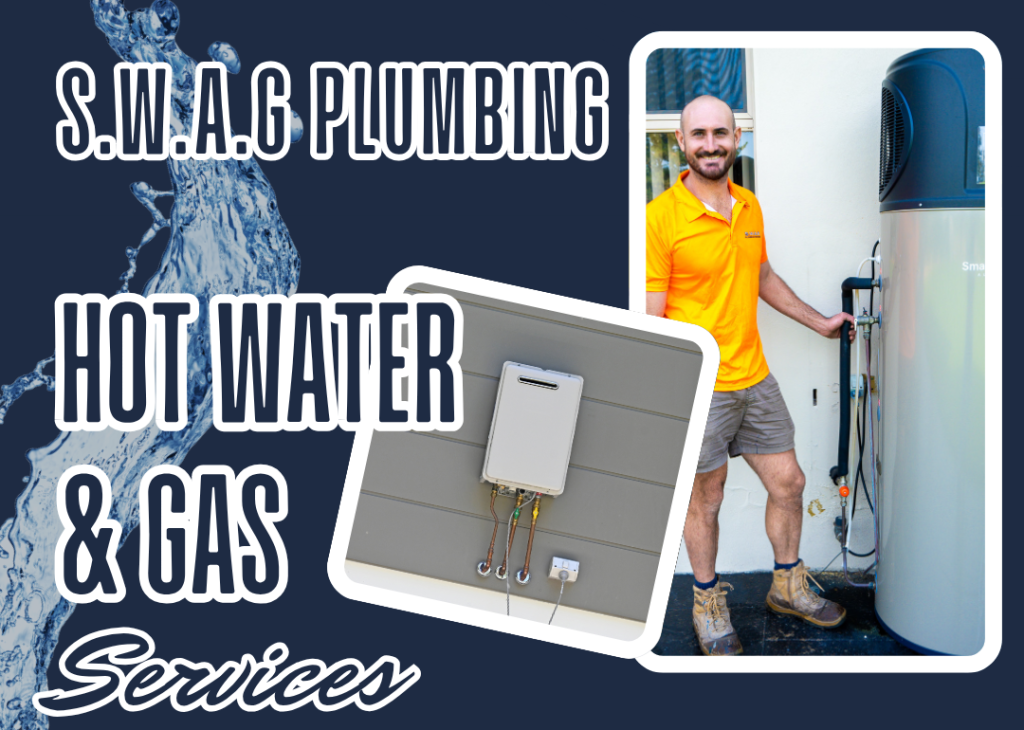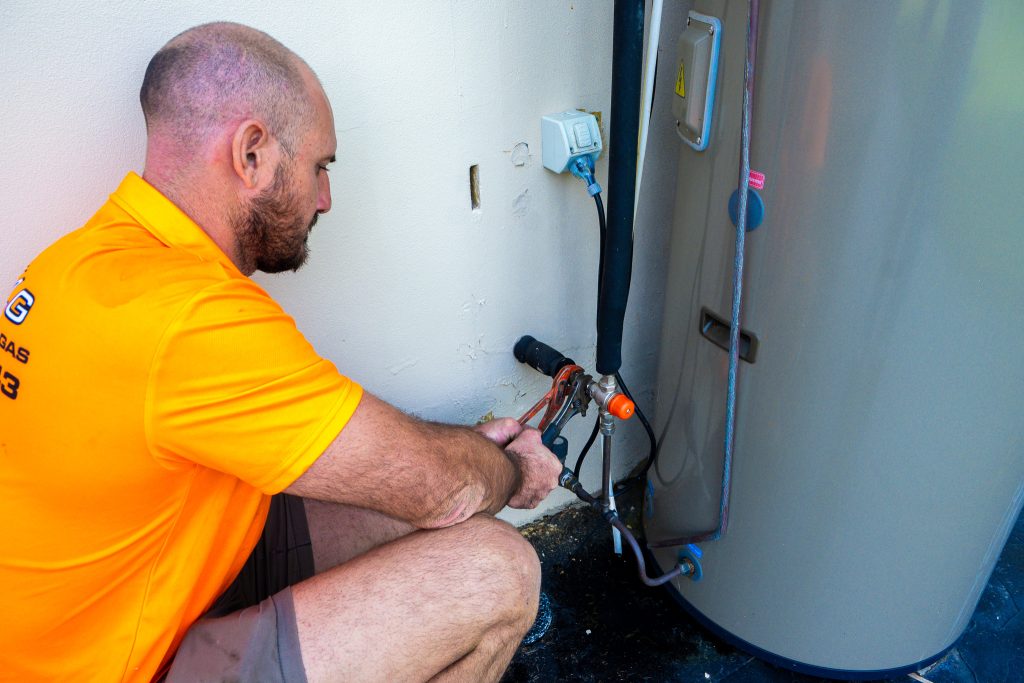
Need Hot Water or Gas System Installations?

If you’re not sure where to start with a Hot Water System, We’ve put together a small guide & table to help you.
Here’s a simple breakdown of the differences between a normal (electric) hot water system, gas, and solar:
🔌 Electric Hot Water Systems (Standard/“Normal”)
How it works: Uses electricity to heat water in a tank (storage) or on-demand (instant).
Pros:
Lower upfront cost.
Easy to install, especially in homes already wired for it.
Cons:
Higher running costs compared to gas or solar.
Slower recovery time after heavy use.
Less eco-friendly.
🔥 Gas Hot Water Systems
How it works: Uses natural gas or LPG to heat water. Comes in storage and continuous flow (instant).
Pros:
Heats water faster than electric.
Cheaper to run if you’re connected to mains gas.
Works during power outages.
Cons:
Slightly more expensive to install.
If using LPG, gas bottle refills can be inconvenient.
Emits more carbon than solar.
☀️ Solar Hot Water Systems
How it works: Uses solar panels (collectors) to heat water, stored in a tank. Often has an electric or gas booster for cloudy days.
Pros:
Very low running costs.
Eco-friendly and sustainable.
Government rebates may apply (in Australia).
Cons:
Higher upfront cost.
Requires roof space and good sunlight exposure.
Performance can drop in winter or overcast weather.
| Type | Upfront Cost | Running Cost | Speed | Environment |
|---|---|---|---|---|
| Electric | 💰 Low | 💸 High | 🐢 Slow | ❌ Less eco |
| Gas | 💰 Medium | 💵 Lower | ⚡ Fast | ⚠️ Moderate impact |
| Solar | 💸 High | ✅ Very Low | ⚠️ Weather dependent | 🌱 Most eco |
